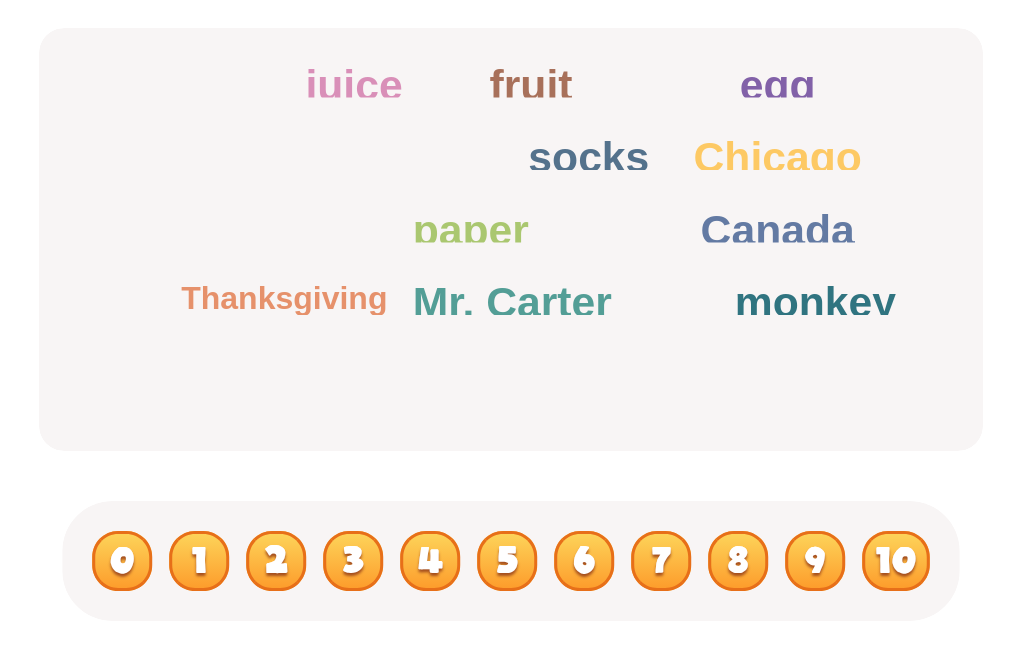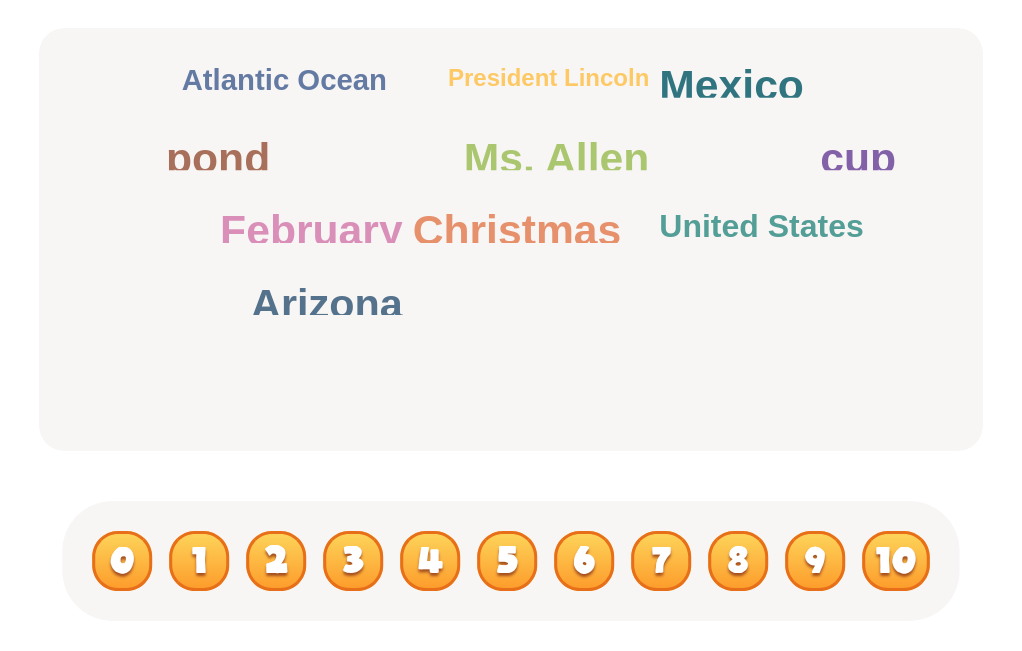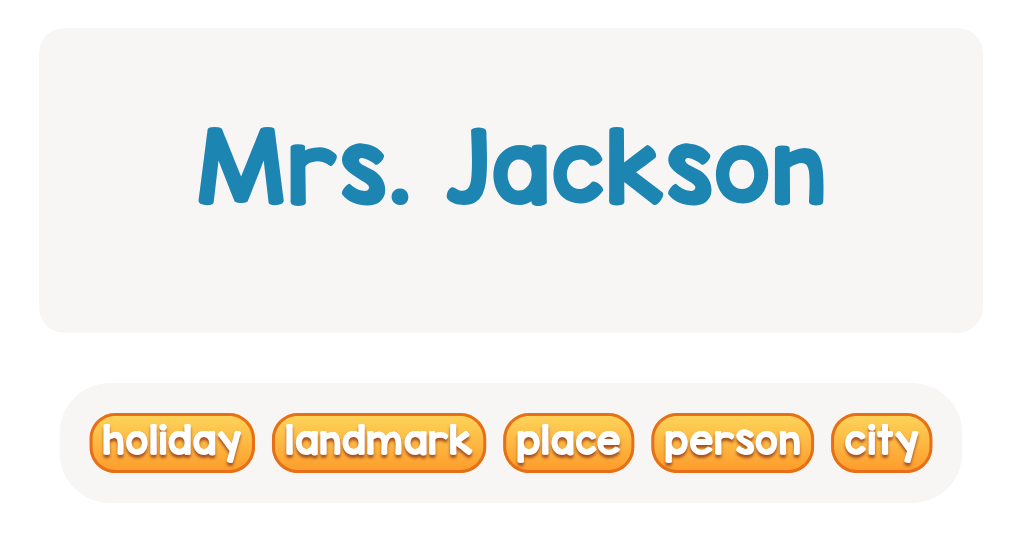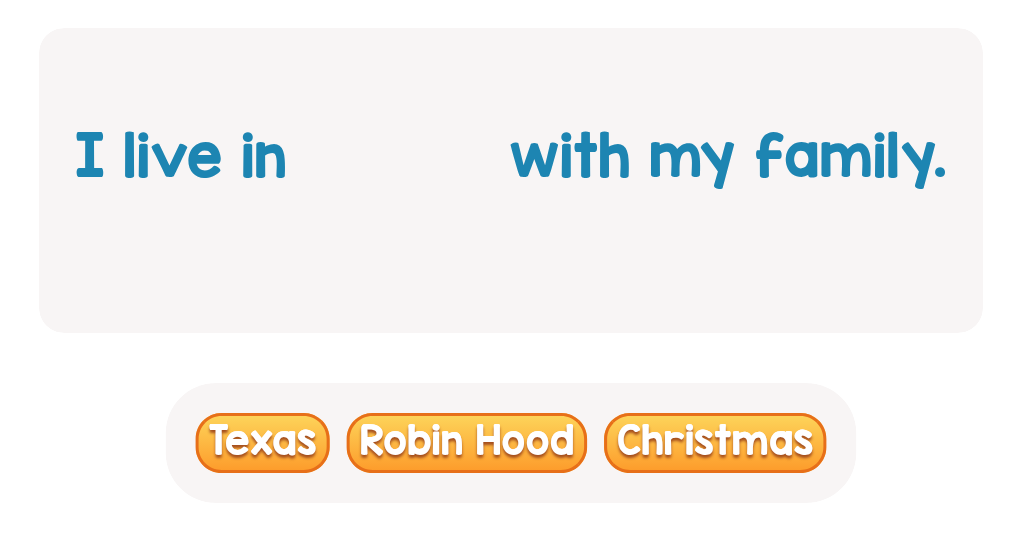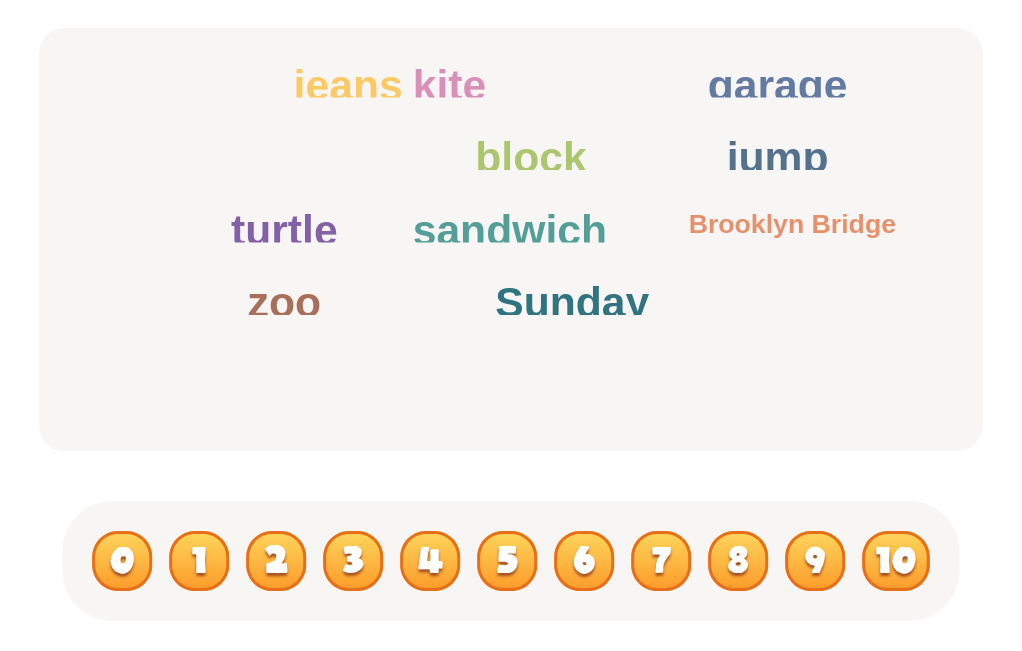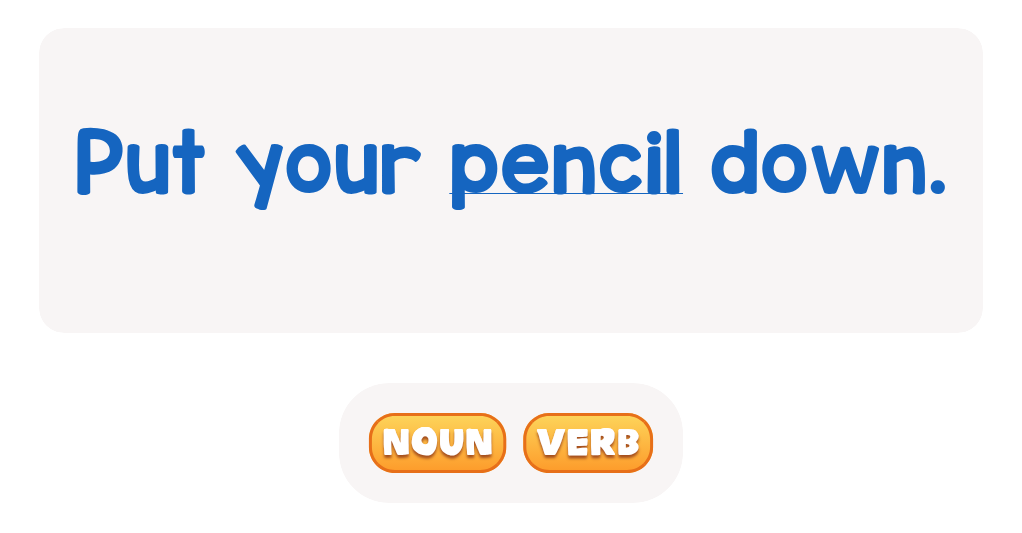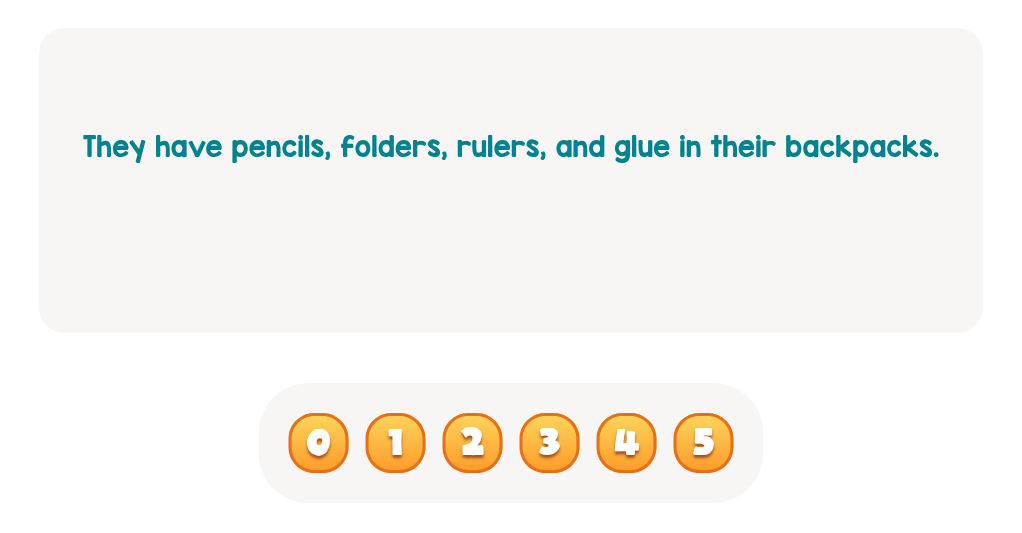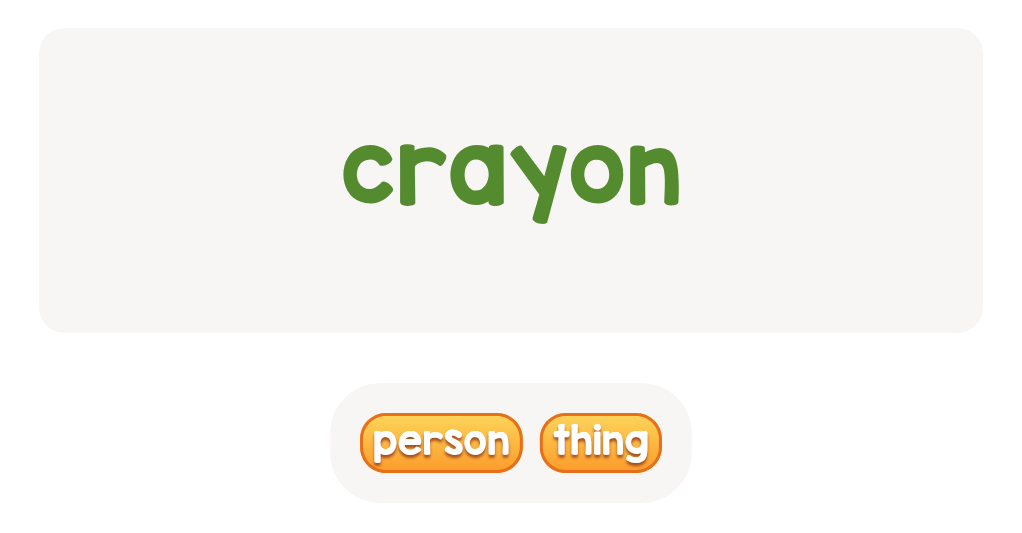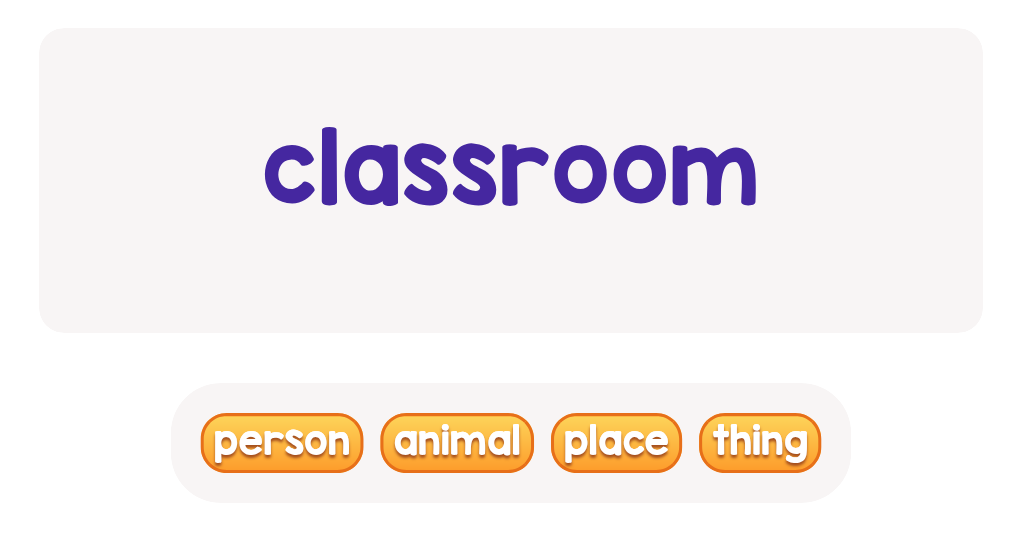Cognitive Development Grammar Worksheets for Ages 4-9
11 filtered results
-
From - To
Enhance your child’s cognitive skills with our engaging Grammar Worksheets designed for ages 4-9! Specifically crafted to support young learners, these worksheets combine fun exercises with essential grammar concepts, fostering critical thinking and language comprehension. Children will explore parts of speech, sentence structure, and punctuation through interactive activities that stimulate cognitive development. Our resources not only make learning enjoyable but also build a strong foundation for effective communication skills. Perfect for classroom use or homeschooling, these worksheets ensure your child acquires essential grammar knowledge while boosting their cognitive abilities. Discover a world of learning tailored just for your budding scholar today!
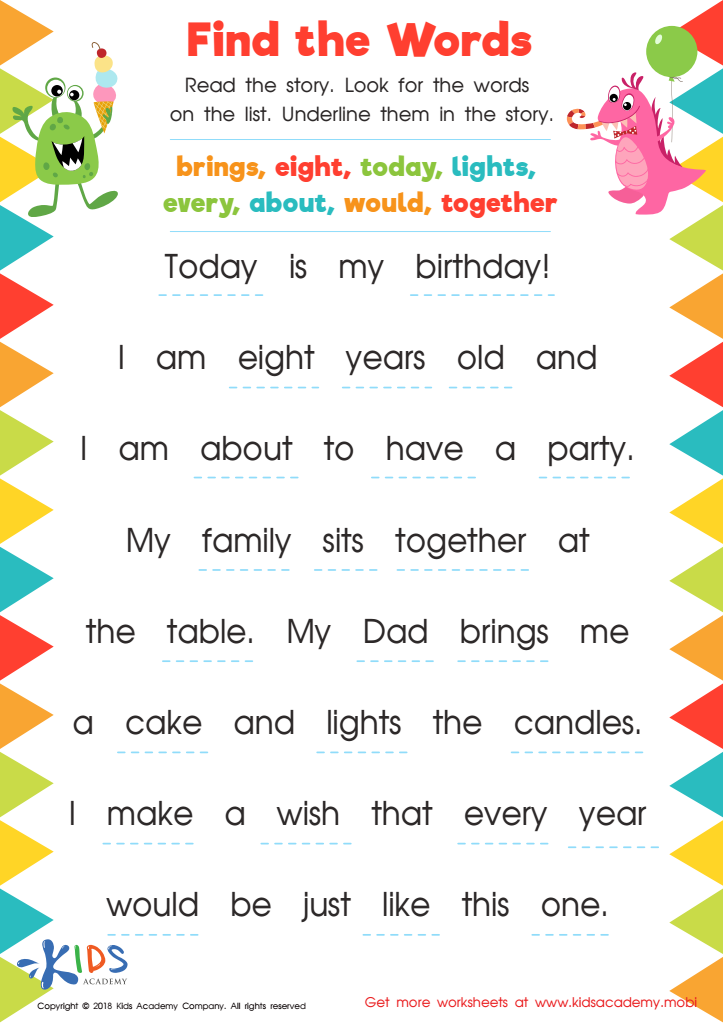

Find The Words Printable Worksheet
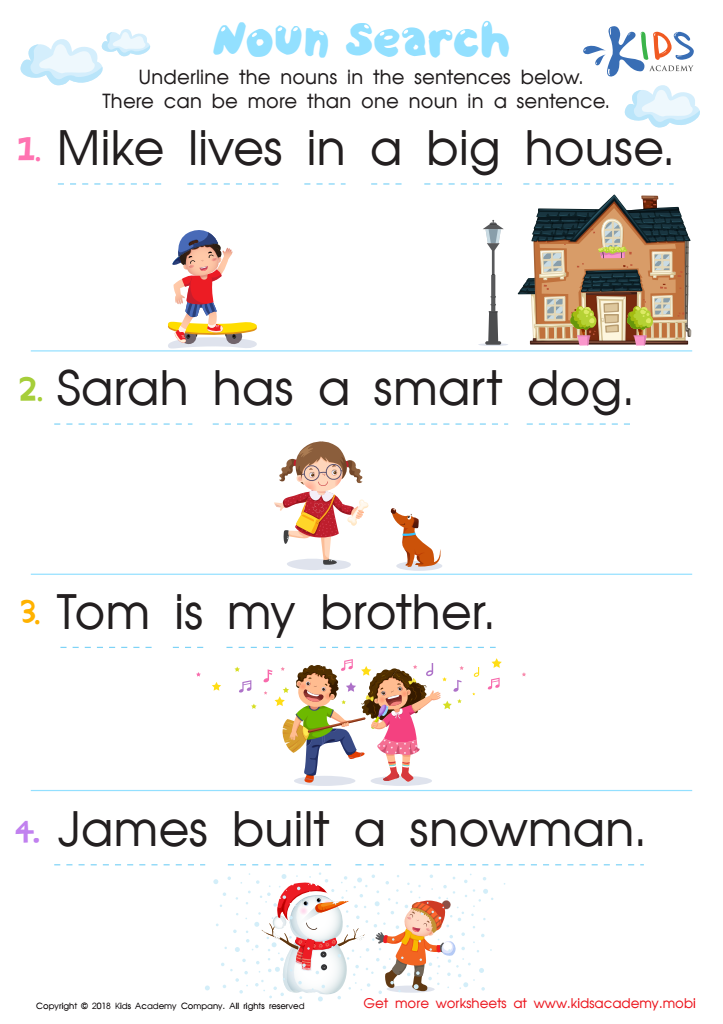

Noun Search Worksheet
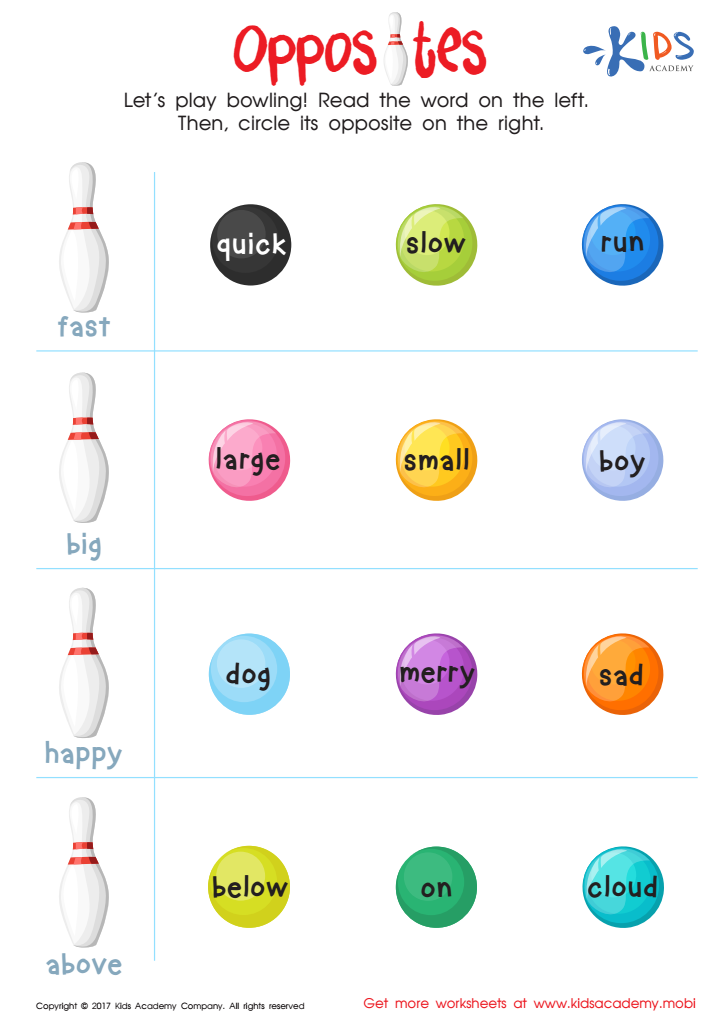

Opposites Worksheet
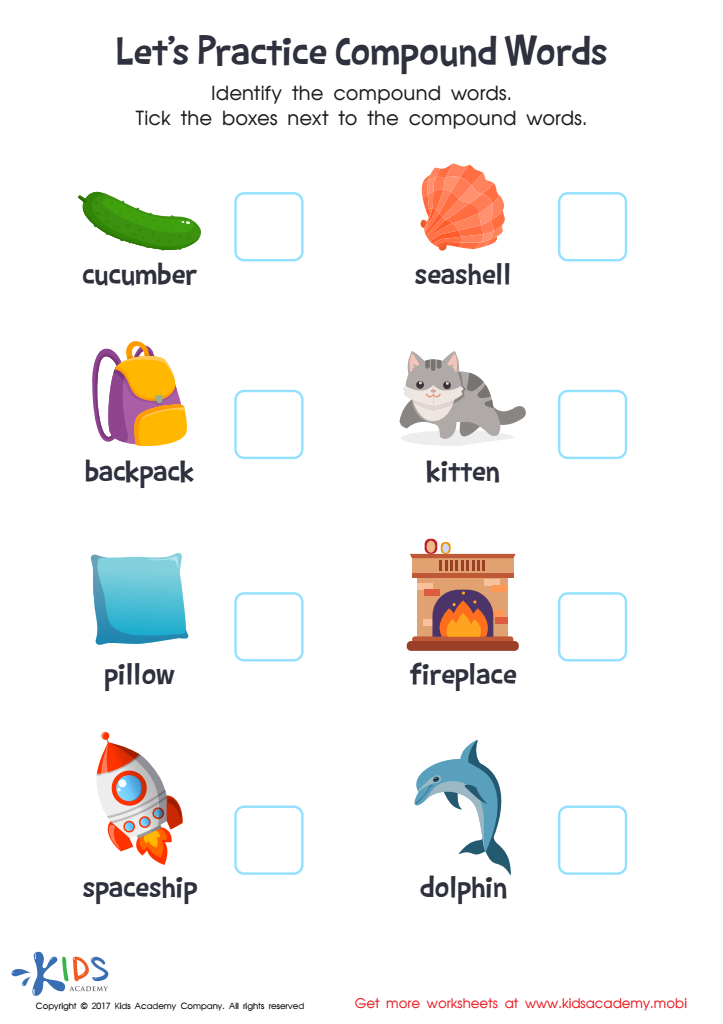

Let's Practice Compound Words Word Structure Worksheet
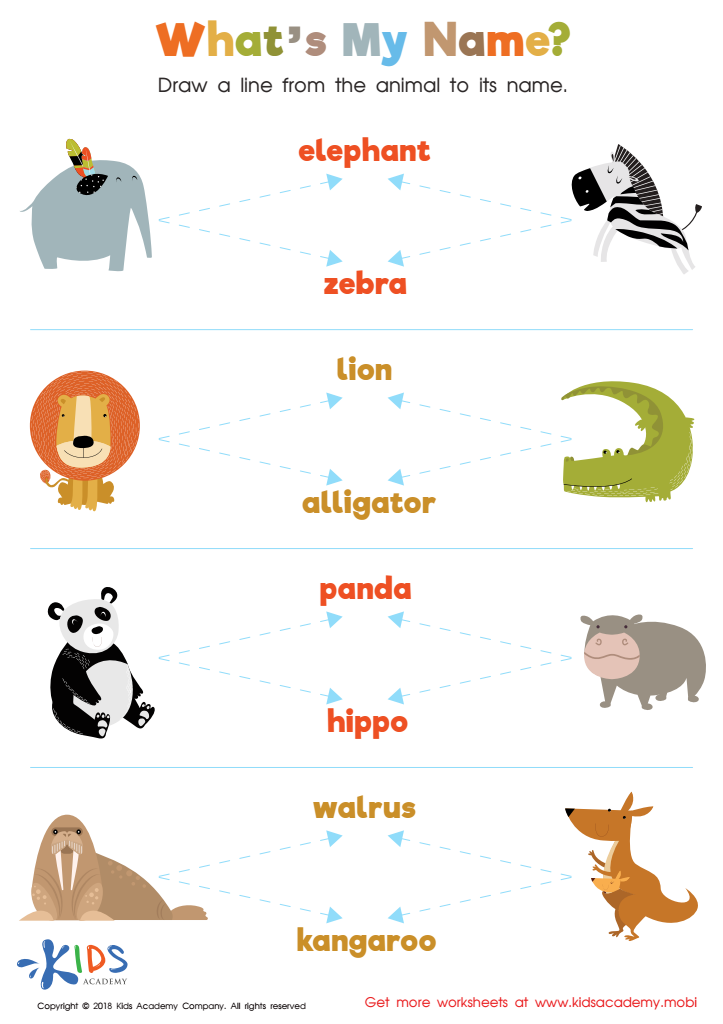

Animals and Their Names Worksheet
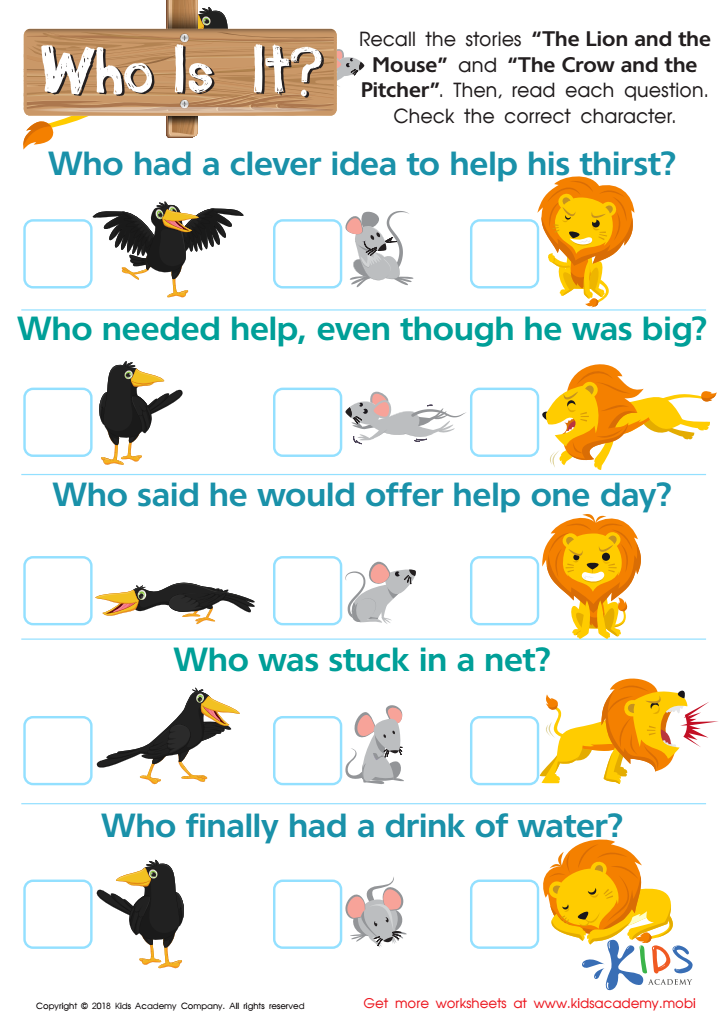

Who Is It? Worksheet
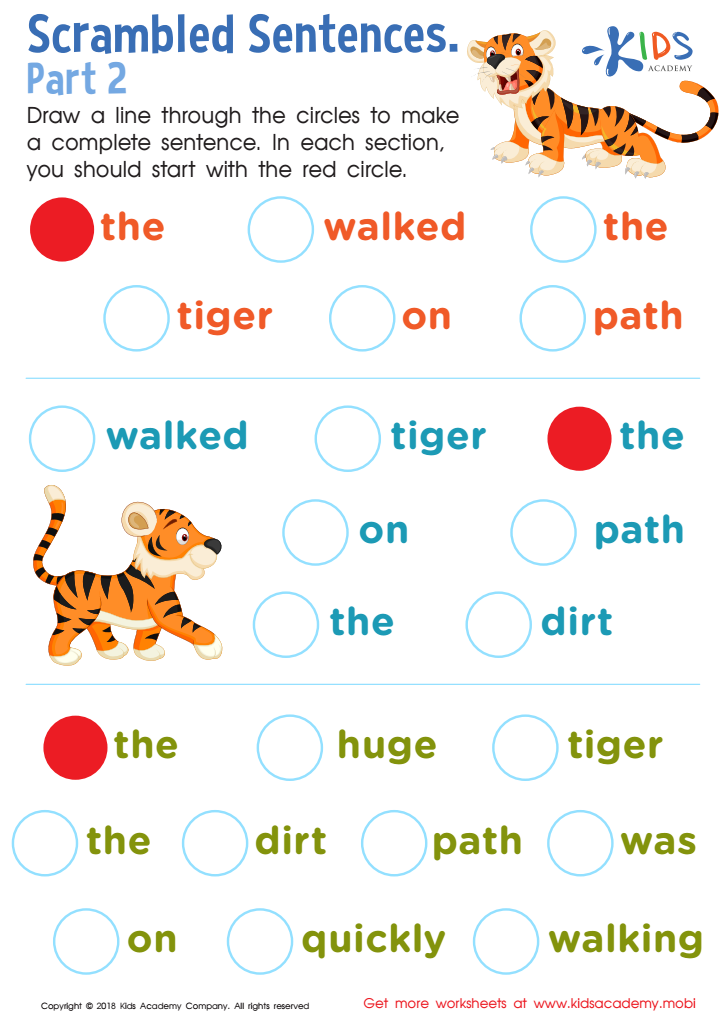

Scrambled Sentences Part 2 Worksheet
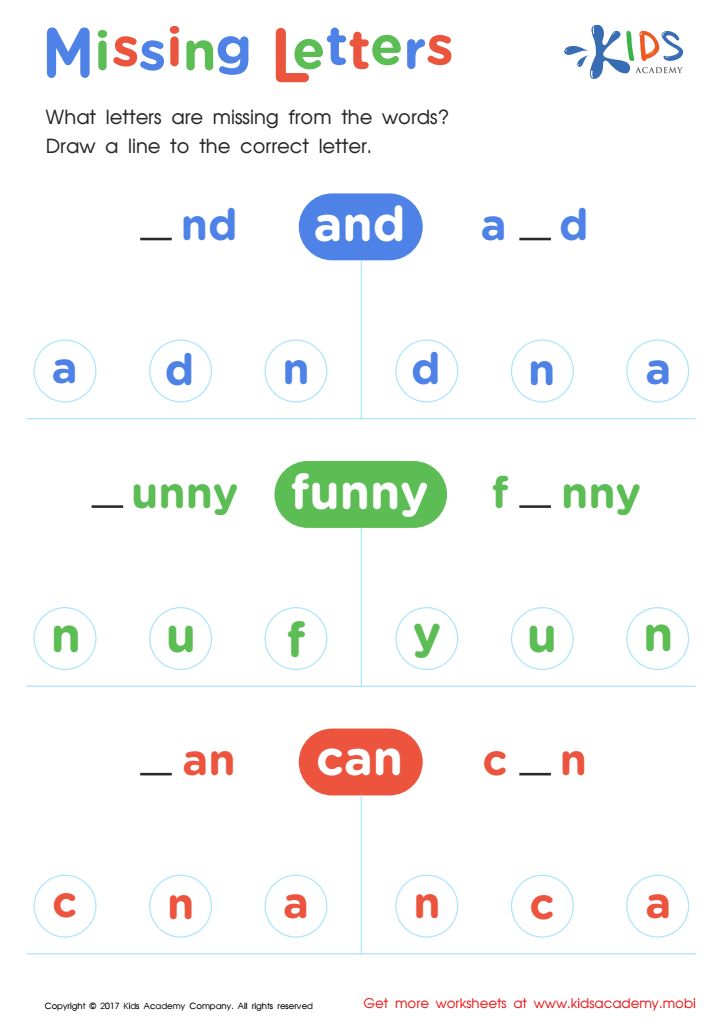

Missing Letters Worksheet
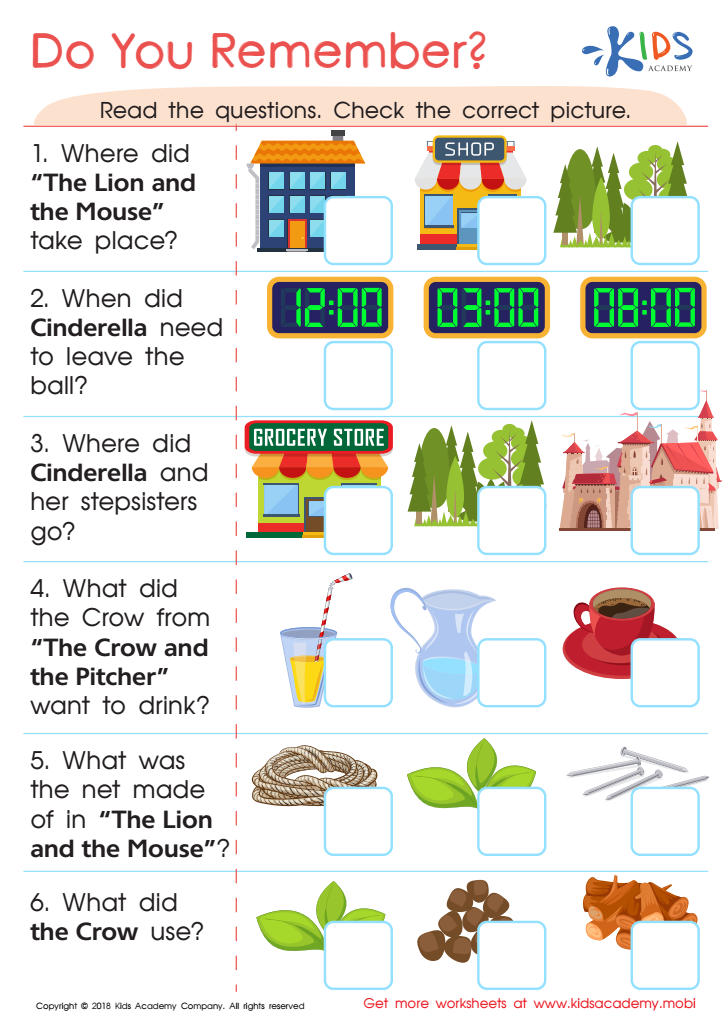

Do You Remember? Worksheet
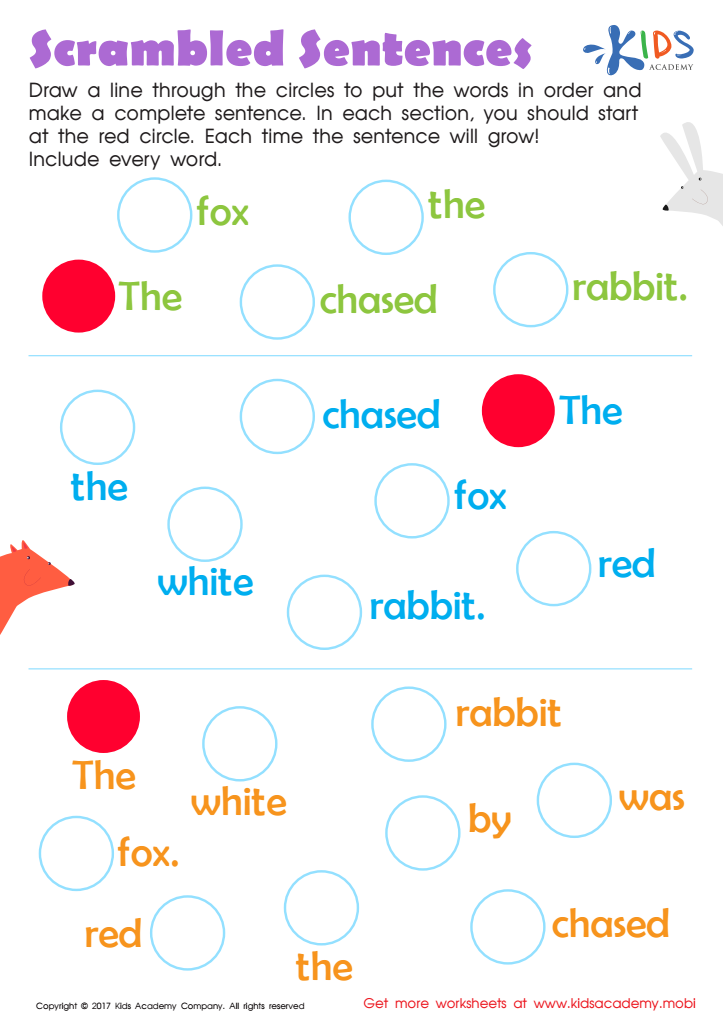

Scrambled Sentences Worksheet
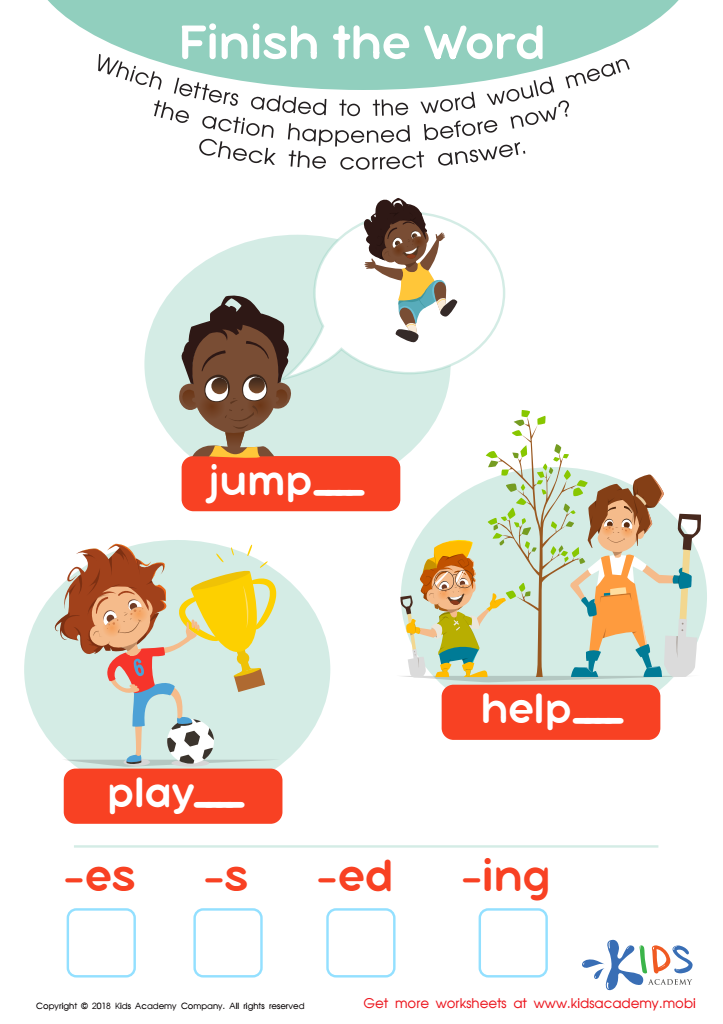

Finish the Word Worksheet
Cognitive development, particularly in areas like grammar, is crucial for children aged 4-9 as it significantly influences their language skills, communication abilities, and overall learning. During these formative years, children's brains are highly receptive, making it an ideal time for them to grasp grammatical concepts. Understanding grammar helps children form accurate sentences, express their thoughts clearly, and comprehend the language nuances, which can enhance their reading and writing skills.
Parents and teachers play a pivotal role in fostering this development. Engaging children in age-appropriate grammar activities, such as storytelling, playing word games, and interactive reading, can boost their cognitive capacities and build a strong linguistic foundation.
Moreover, strong grammatical skills contribute to children's confidence and effectiveness in social interactions, allowing them to express their feelings and ideas appropriately. This cognitive grounding not only supports their academic performance but also prepares them for complex language usage in the future.
By prioritizing grammar during this critical period, parents and teachers can ensure children develop essential communication skills, fostering not just language proficiency but also encouraging critical thinking, problem-solving, and creativity, all indispensable in their holistic development.
 Assign to My Students
Assign to My Students
